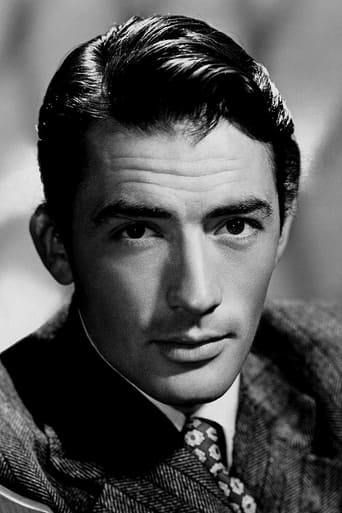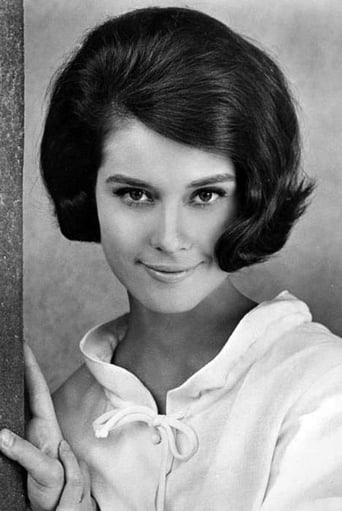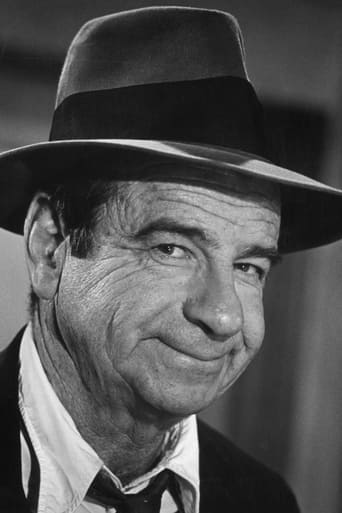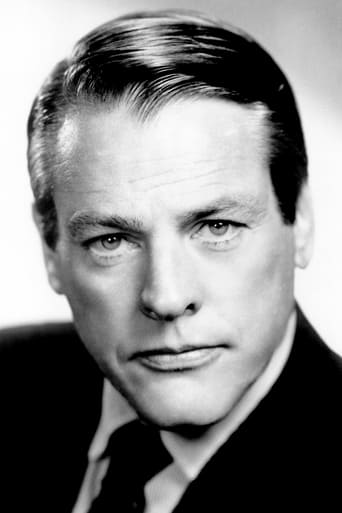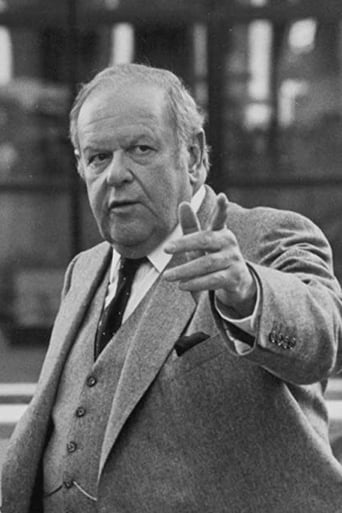Unlimitedia
Sick Product of a Sick System
SnoReptilePlenty
Memorable, crazy movie
Stevecorp
Don't listen to the negative reviews
Jonah Abbott
There's no way I can possibly love it entirely but I just think its ridiculously bad, but enjoyable at the same time.
lasttimeisaw
MIRAGE has an astounding opening gambit which potentially elicits a plethora of hypotheses inside a viewer's head trying to outguess the big reveal, such as brainwash, hypnosis or other sinister conspiracy theories of that ilk. Indeed, there are sinister parties involved, but believe me, they are as clueless as the rest of us in this enthralling, implausibly under-seen mystery thriller cooked up by a crafty Edward Dmytryk. During a power-cut in a NYC high-rise where he works, David Stillwell (Peck), a cost accountant is flummoxed by something devilish inexplicable (the vanished sub-stories, a woman who apparently knows him but he cannot reciprocate with the same gesture) and after being held at gunpoint at his own apartment by a thug Lester (Weston) and coerced to meet "the Major" with whom he has never acquainted, slowly it dawns on him that he is suffering from a severe amnesia, he has no inkling of what happened prior of the last two years, and puzzlingly states that during that spell he lives on his own-some with no personal contract with a single soul other than his job, it is a beggar-belief hogwash, no wonder the psychiatrist Dr. Broden (Harris) angrily drives him off when he seeks for help. But a stern-faced David is not a fibber, after hiring a rookie private eye Ted Caselle (Matthau) to investigate his lost identity, he begins to twig that everything he knows about himself is not true (the job, the company he works), too many lacunae and contradictions. He meets again with the said woman Sheila (Baker), who seems to shadow him and admits that they are romantically linked, and has no qualms about rekindling their passion even David is stuck in a tabula rasa, murders and chases ensue the next day, and eventually the nexus emerges when David apprehends that the amnesia didn't occur two years earlier, but two days before, to be more specific, right during the arbitrary blackout when a peace activist magnate Charles Calvin (Abel) fell to his death from his office window. Thus, the result can be boiled down to be a self-inflicted, radical self-denial in the aftermath of witnessing a horrific incident/a shocking revelation, thus David conjures up a false identity and temporarily gums up his memory, it is a stopgap displacement, not a panacea, in time all those occluded will strike back soon (still the condition's plausibility does need some medical professionals to put in their oars, not that uppity Dr. Broden of course), and a face-off with the Major (Erickson) is the only way to settle the scores once and for all. As gripping as the Russian roulette gamble is, the movie's closure doesn't live up to the same craftsmanship which precedes it, the victory of good people is inevitable by design, but is executed too slapdash to obtain that feeling of fulfillment, and in fact, the action pieces are another major fault line, noticeably fake during a fistfight between David and Willard (Kennedy, an inexorable heavy), there is a jarring dis-junction in the process, also a trick to mingle with a school crocodile to evade coercion looks lamely facile in action. Gregory Peck devotes himself emphatically to uphold exigency and agency in train, and remarkably generates enough credibility out of a cock-and-bull text with marquee élan. Diane Baker, takes pains to make a virtue of affection out of plot's requirement to play the love interest who of course, knows all David's backstory but gracefully crams up when being confronted with her pulchritude à la Audrey Hepburn. Walter Matthau, still pays his dues in an under-utilized peripheral role, nevertheless struts his stuff with considerable ease and harmless banters, and it is also him who pinpoints the rub during his not so ample stint: it is David himself who doesn't want to remember the past, as simple as that. Lastly, the nuclear radiation neutralization discovery is a far-fetched idea but conceivably relative to the Cold War fomented paranoia aka. a "mirage", and what the movie hits gold is when it manifests the insidious, cheek-by-jowl cohabitation of a non-profit organization and the society's immoral capitalistic drive, that is an aphorism sounds grating to today's ears.
Charles Herold (cherold)
This wonderfully ingenious mystery is one of the better faux Hitchock films out there. The setup is excellent, the mystery comes quick and keeps deepening, and the cast is solid, especially Matthau.The mystery is clever and the solution is also pretty clever and holds together nicely. So the whole movie *should* be great.But as ingenious as it is, the creators couldn't find a neat way to explain it all, resulting in a bit too much exposition in the last quarter. And once the central mystery is solved, there is still a story to deal with, and the movie really struggles with that, in part because it seems afraid to really deal with the political issues it raises, like some movie from the 40s that tries to follow the plight of an unwed mother without mentioning sex. It's not that I didn't understand the whole story by the end, but that the resolution had a strange, muted feeling to it.Still, overall this is well worth watching.
Spikeopath
Mirage is directed by Edward Dmytryk and adapted by Peter Stone from a book written by Howard Fast. It stars Gregory Peck, Diane Baker, Walter Matthau, Kevin McCarthy, Leif Erickson and George Kennedy. Music is scored by Quincy Jones and cinematography by Joseph MacDonald.David Stillwell (Peck) finds he is suffering from Unconscious Amnesia and that he has blacked out the events of the previous two years. That's rare, but Stillwell must find out what happened because he might have a lover, has shifty characters after him and he may even have committed murder?20 years after appearing in the tricksy and turny psychological thriller Spellbound for Alfred Hitchcock, Gregory Peck jumps into the same type of shoes with a modicum of success. It's a little too contrived for its own good, with the odd character serving to the plot as god knows what? Seriously, what is Baker doing here? While the weak ending doesn't pay off on the suspense and mystery that had previously been well orchestrated by Dmytryk. On the plus side is the shadowy black and white photography by MacDonald, giving the film an edge, and the use of real New York locations lend the film some serio worth.Matthau slips in and steals the film from an efficient Peck, and Kennedy and McCarthy score well as muscle and shifty respectively. It's not essential as a Peck or Dmytryk piece, or as a politico/mystery thriller, but enough interest within to keep it above average and Matthau more than makes it worth while. 6/10
JoeytheBrit
Following a blackout in the office building in which he works, cost accountant David Stillwell (Gregory Peck) is startled to discover that many people he knows no longer recall him while complete strangers address him like old friends. If that wasn't bad enough, a couple of tough guys keep trying to abduct him for a shady character called The Major.Mirage is one of those films that is initially too clever for its own good. It comes up with an intriguing idea, then finds that it has nowhere plausible to go with it and so settles for a botched resolution that pretty much ruins everything that has gone before. Peck – never one of my favourite actors – is almost good in this one, presumably because for much of the time the script calls upon him to wear an expression of stunned bewilderment. He's supported by a pretty solid cast though: George Kennedy makes the biggest impression as Willard, a frighteningly buttoned-down heavy with a taste in sadistic violence that he delivers with a cold efficiency that is truly unnerving. His clinical ruthlessness is balanced by the cocky inefficiency of his accomplice, played by Jack Weston. Walter Matthau, immediately before he finally found stardom, plays the novice detective who helps Peck unravel the mystery before coming to a nasty end at the hands of Willard, and TV actress Diane Baker plays the love interest.Director Edward Dmytryk chose to shoot the film in black-and-white. It was a good decision – the shades of grey constantly remind us of the state of Stillwell's near-blank and tormented mind while giving the location shots of Manhattan a brilliant immediacy that's still effective today. It's just a shame that the entire film is fatally damaged by that rubbish ending.


